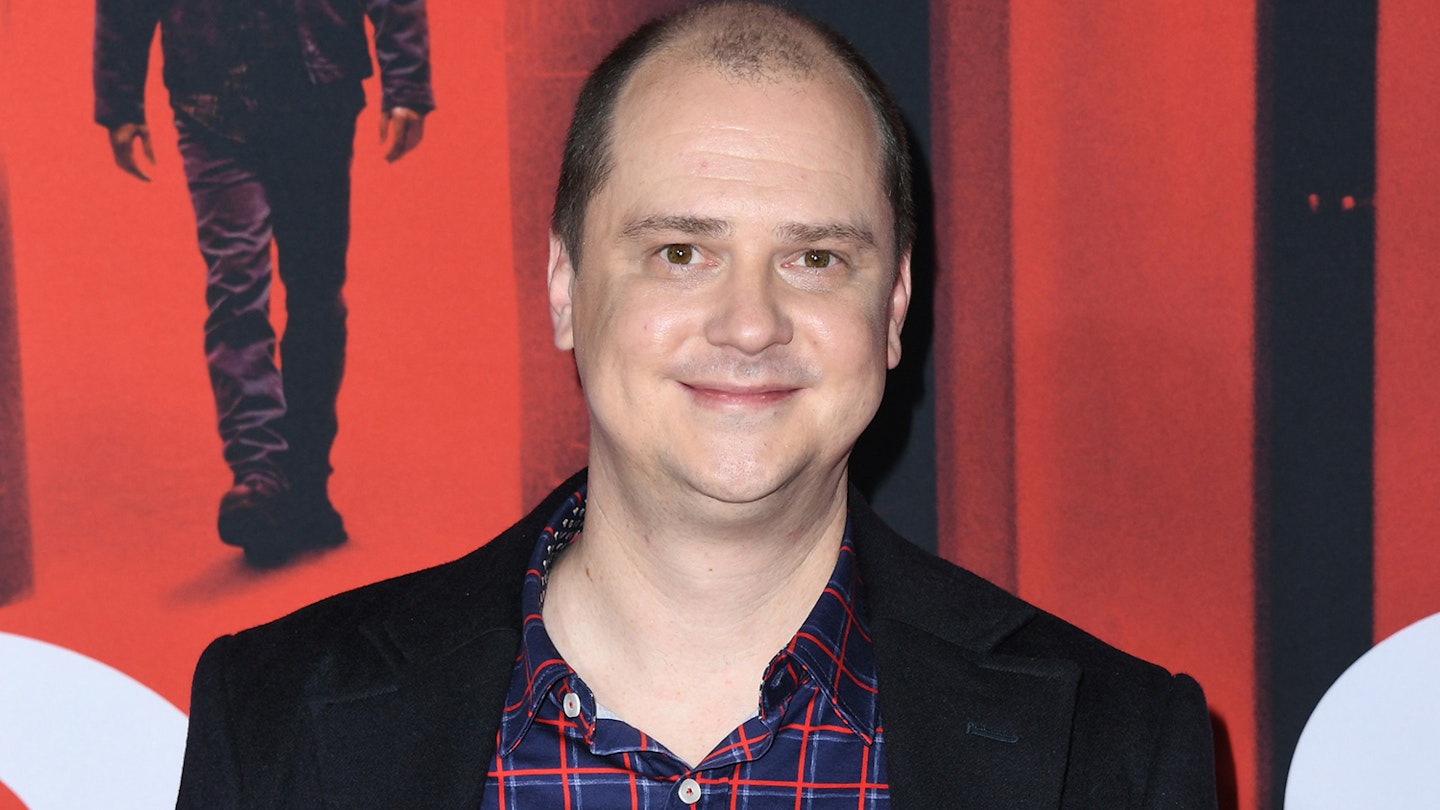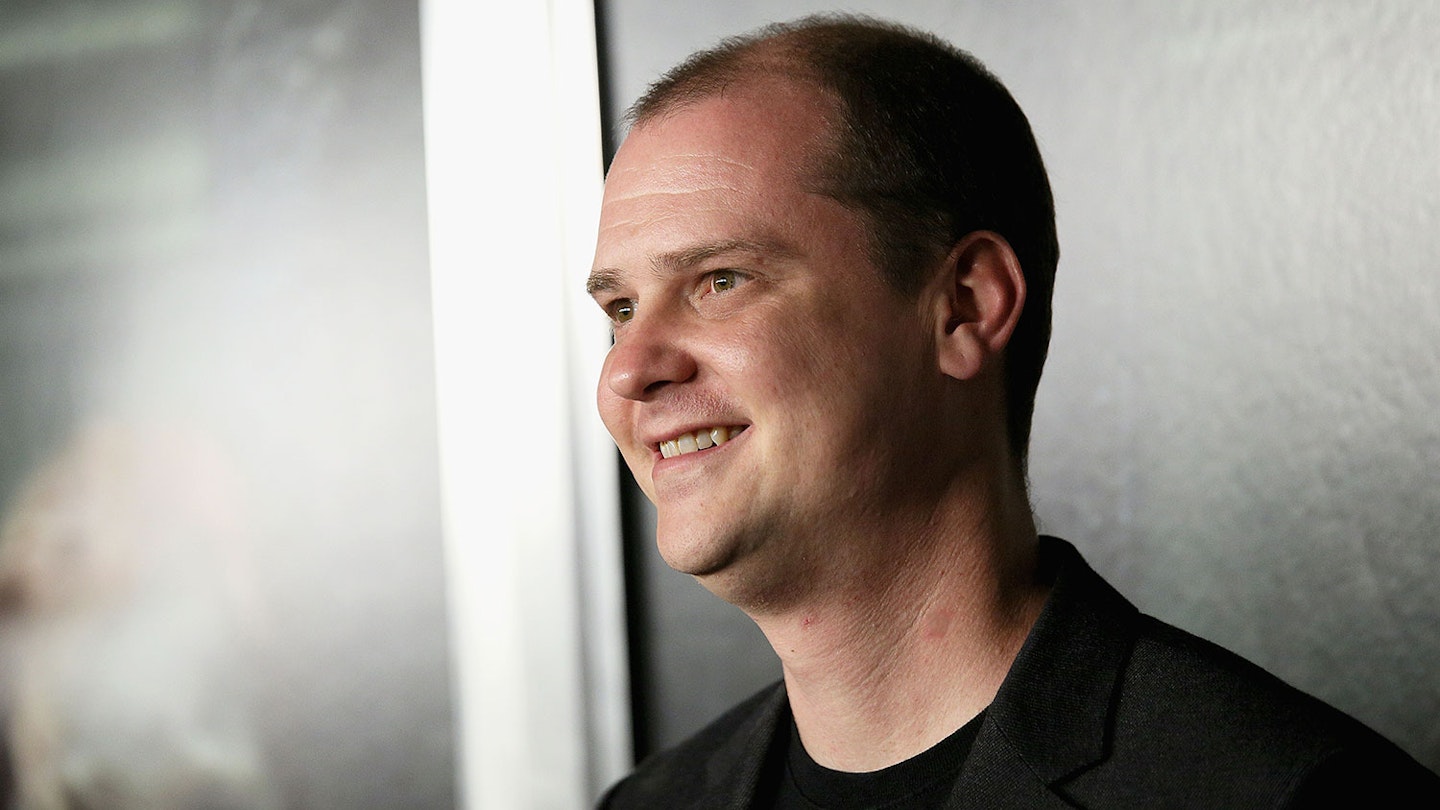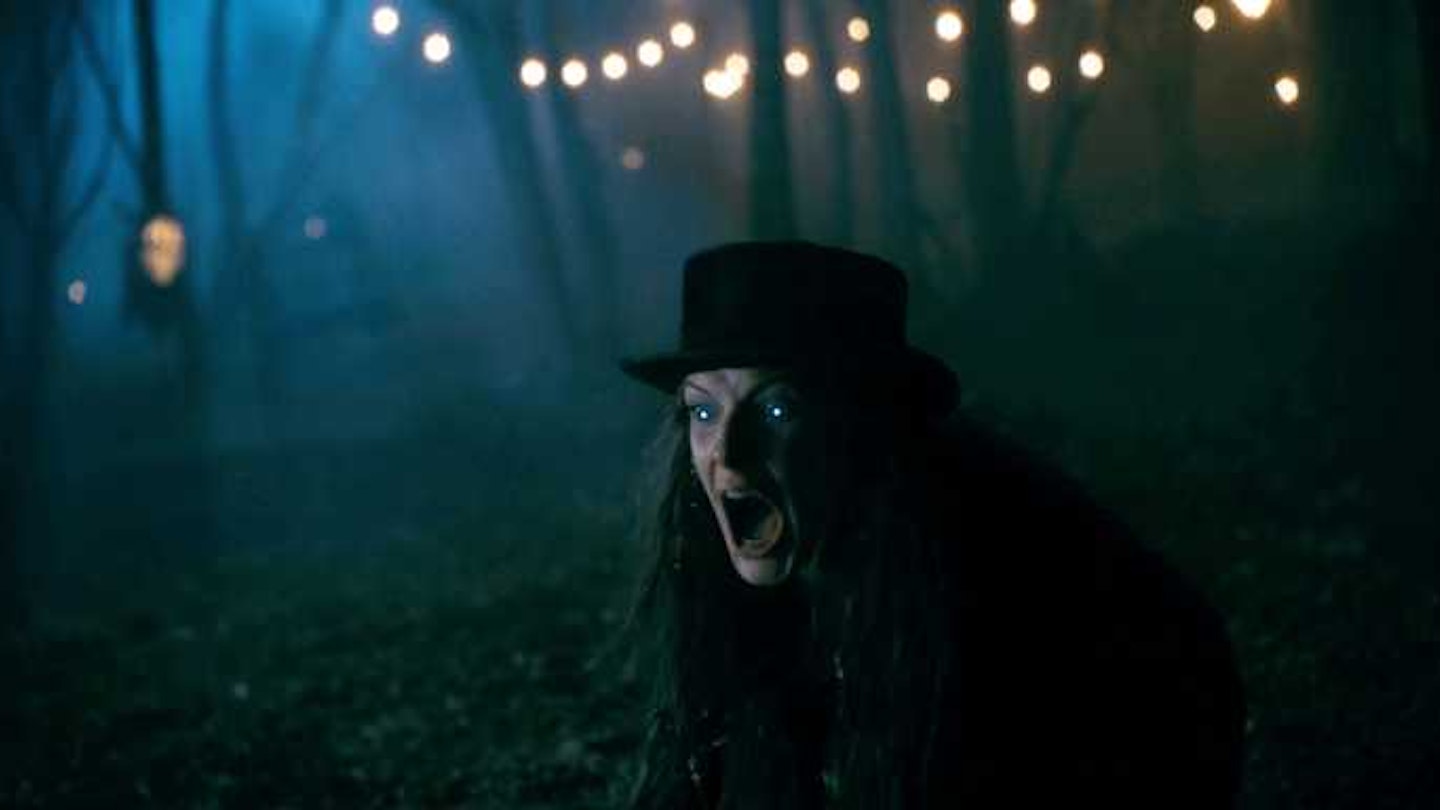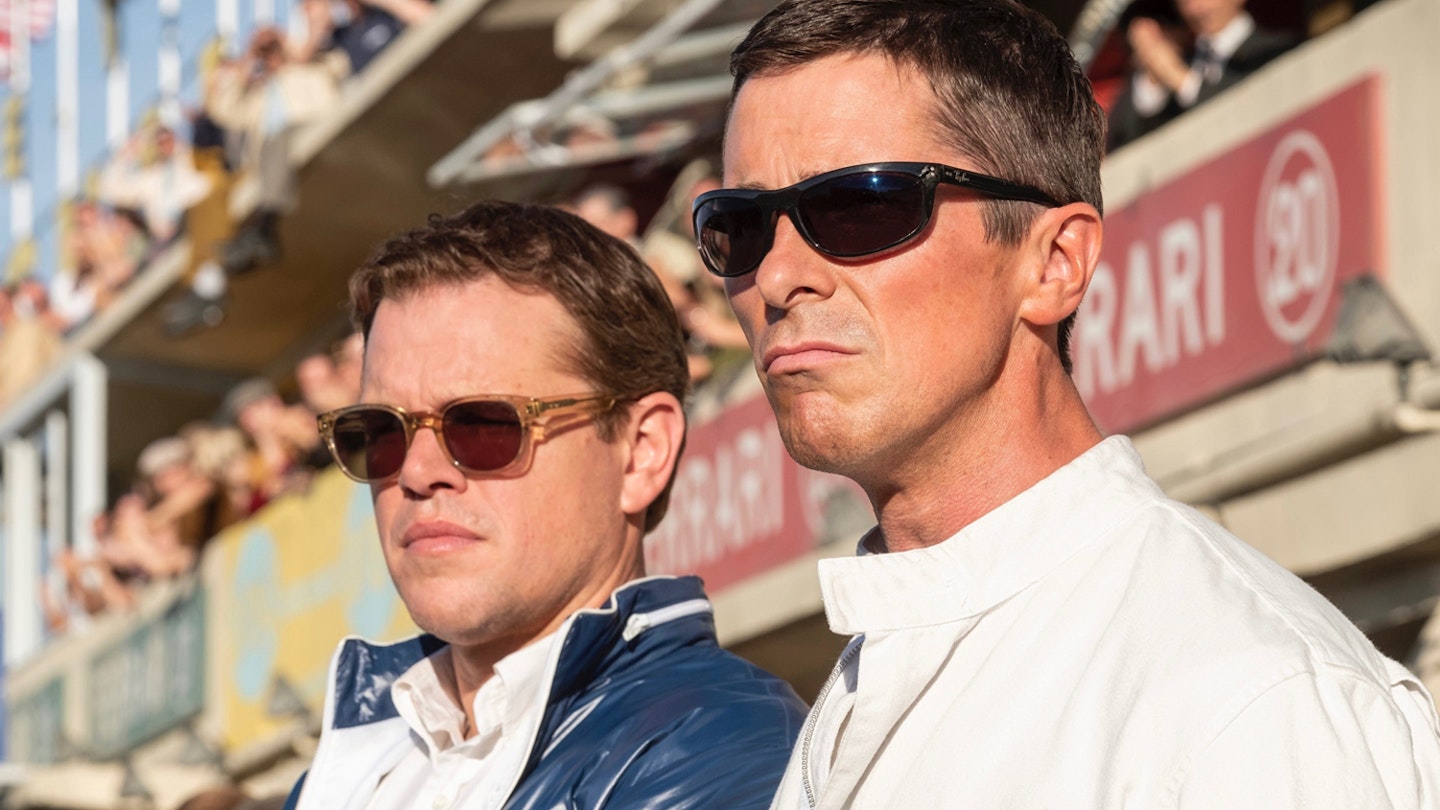Perhaps it’s apt that Doctor Sleep is a movie about dealing with the ghosts of the past, because it has a couple of doozies of its own to contend with. As, despite the title, Mike Flanagan’s movie is not a remake of the 2002 Goran Visnjic psycho-thriller, but instead a sequel to The Shining… and The Shining.
A quick explanation: Stanley Kubrick adapted Stephen King’s novel in 1980. King didn’t like it. Kubrick didn’t much care, for his sole foray into horror was rated an instant classic. But King hated it enough to make his own, wildly inferior version for TV, and then, just a few years ago, write a novel sequel that basically acted like the Kubrick movie didn’t exist.
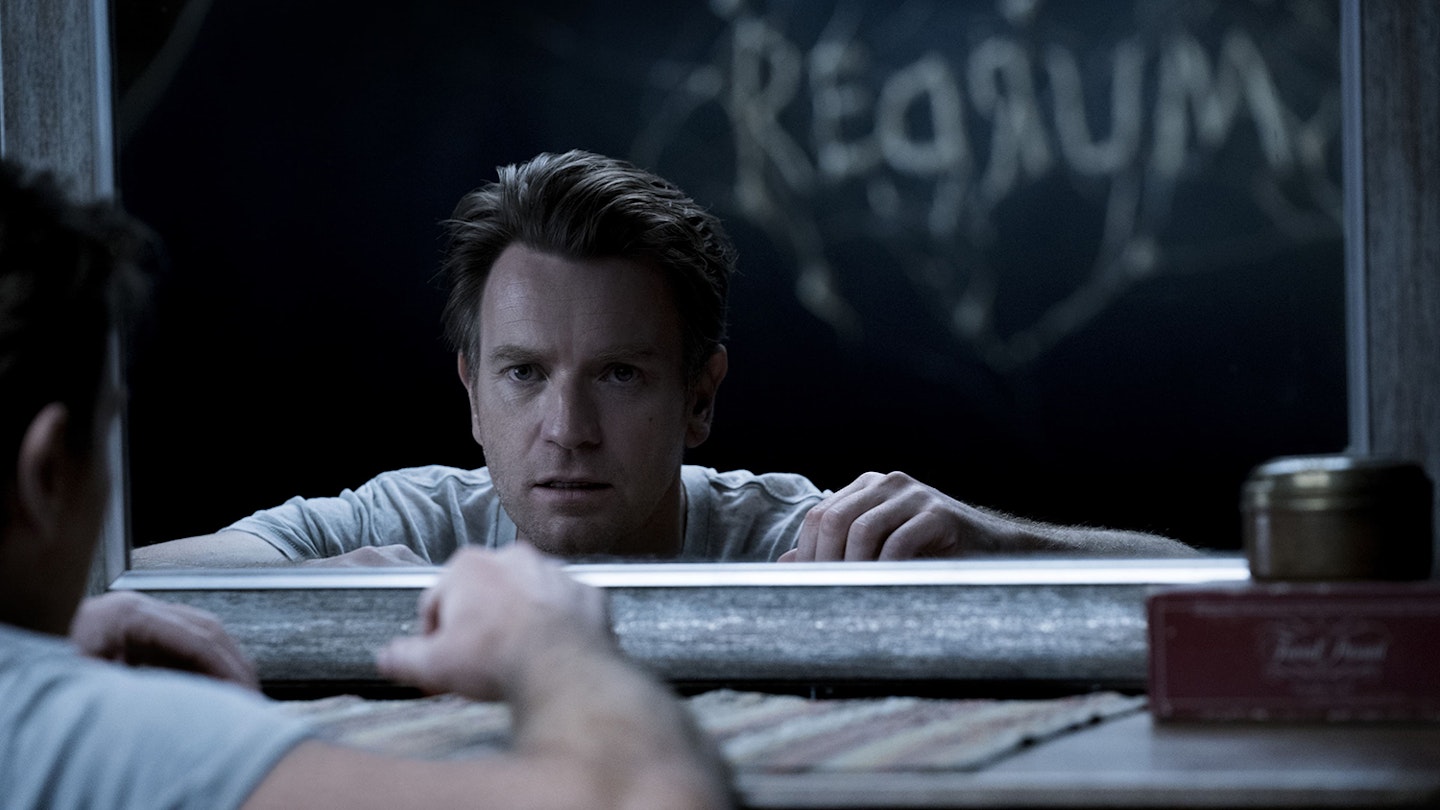
It’s that novel that Flanagan has adapted for the big screen. But, at the same time, Doctor Sleep is also a direct continuation of the Kubrick adaptation. It’s King’s floorplan, but with Kubrick’s furniture. And, after getting King and the Kubrick estate to sign off on that, perhaps Flanagan’s next trick could be sorting out Brexit.
It’s a warmer film than Kubrick was perhaps ever capable of, and more interested in its characters.
Venturing into Kubrick territory is perhaps symptomatic of the confidence coursing through Flanagan’s veins after the last couple of years saw him pay off, with his Netflix adaptations of The Haunting Of Hill House and that man King’s Gerald’s Game, the early potential of horror flicks like Oculus and Ouija: Origin Of Evil. Yet, he’s wise enough here not to merely ape Kubrick’s funkiest moves.
There are moments where he recreates direct shots and revisits locations from the original movie (you’ll know them when you see them), but this is not ‘The Shining Part II’. Where that film was a claustrophobic study in madness, paranoia and corruption, Doctor Sleep is an expansive, sombre, multi-location, multi-character drama, a world away from its progenitor. Interestingly, despite more redrum than you could shake a kcits at, it isn’t particularly scary or unsettling. Perhaps Flanagan knew that trying to match The Shining in the terror stakes was a fool’s errand. Perhaps the flaws in King’s story, which keeps its trio of central characters apart for a length of time that could either be called character-building, flabby or plain boring (depending on your point of view), make jolts harder to come by.
Instead, it’s a warmer film than Kubrick was perhaps ever capable of, and more interested in its characters. McGregor, after Renton in T2 Trainspotting and Christopher Robin in the film of the same name, is cornering the market in middle-aged characters revisiting their formative years, and he’s perfectly solid as the haunted Dan Torrance, if never quite able to suggest that he’s the fruit of Jack Nicholson’s loony loins. Spikier, sparkier performances are given by newcomer Kyliegh Curran as the indefatigable Abra, and Rebecca Ferguson as callous, curiously accented psychic vampire Rose The Hat. Whether she’s meditating on top of a camper van or floating through the clouds in a trippy sequence, the film never feels more alive than when Flanagan is focused on its villain. Just like Kubrick found with Jack. Maybe this is ‘The Shining Part II’, after all.
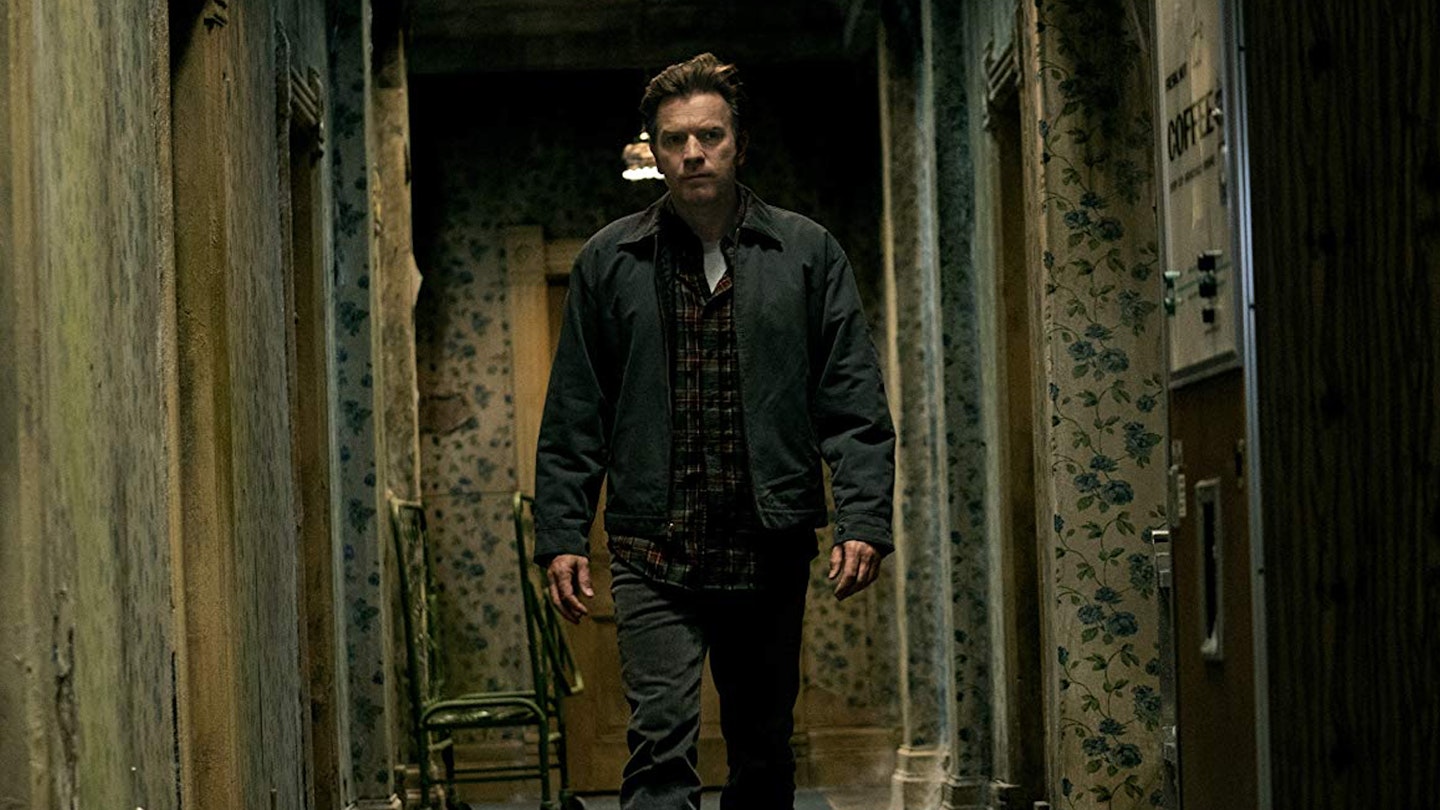
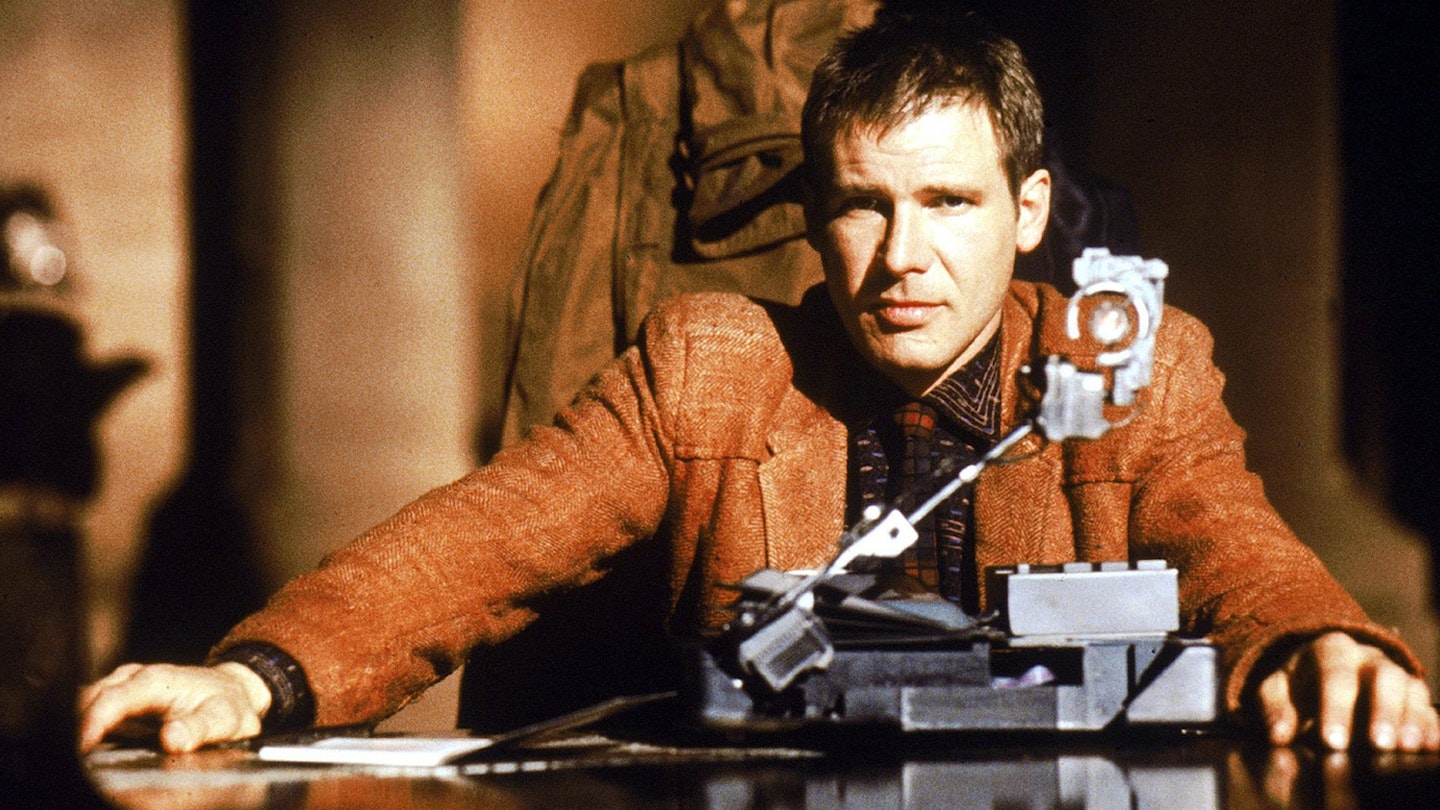
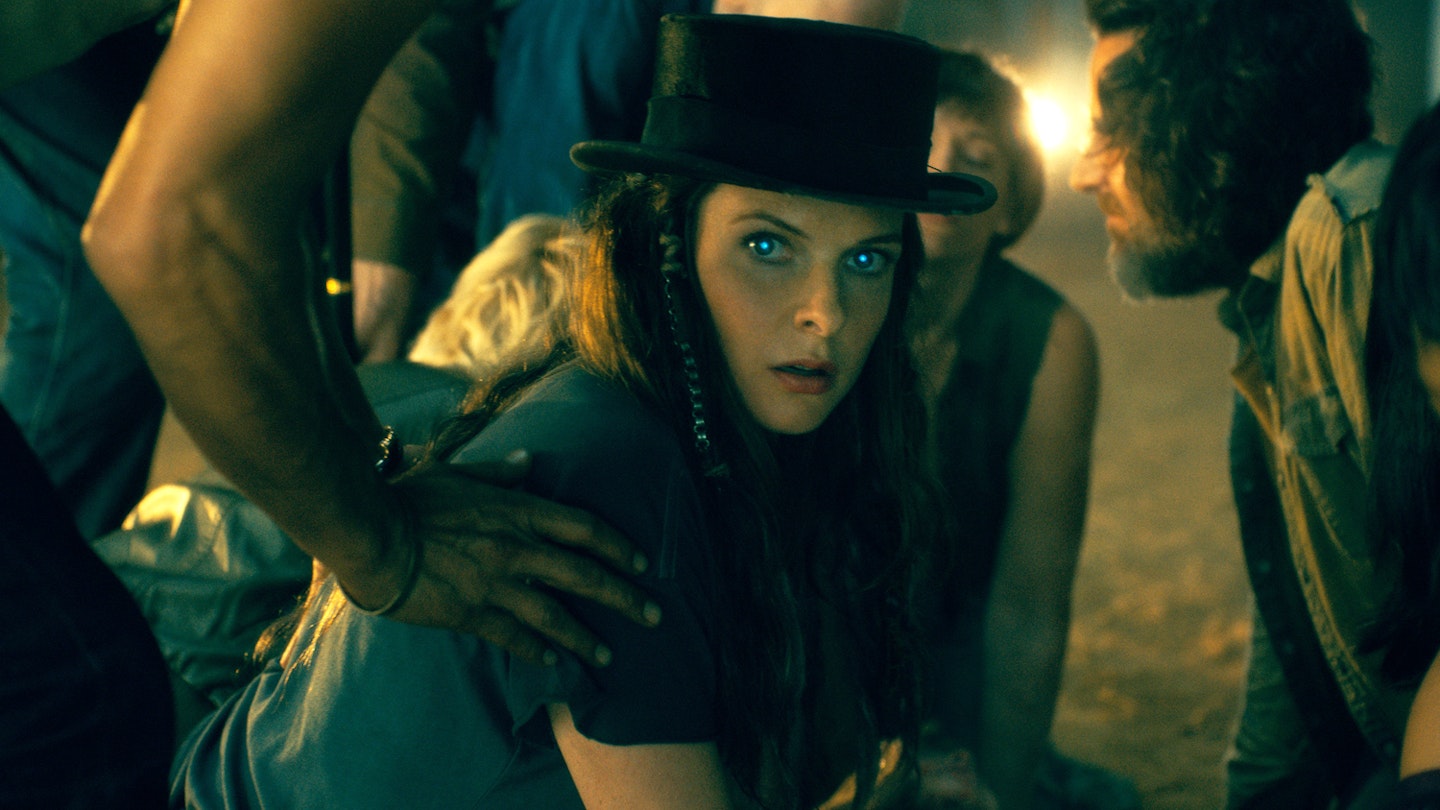
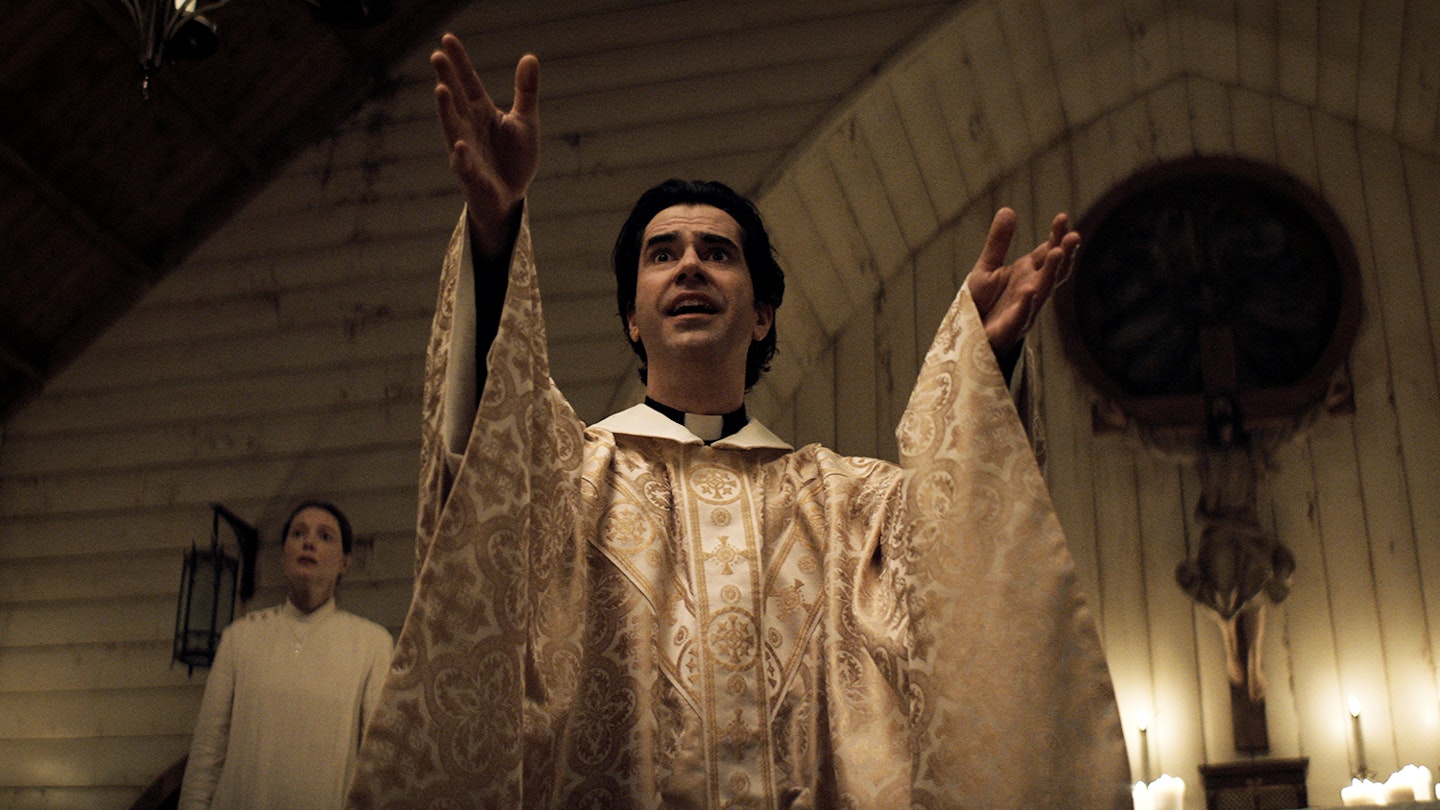
.jpg?ar=16%3A9&fit=crop&crop=top&auto=format&w=1440&q=80)
